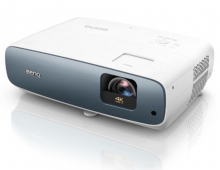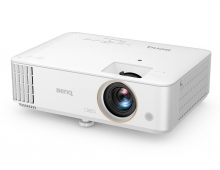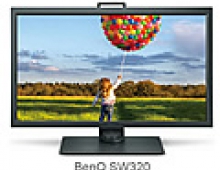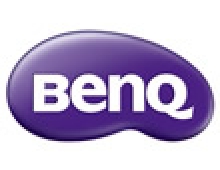
BenQ Get Licenses to Sell in China
After a drawn-out approval process, BenQ will now be able to sell phones under their own brands in
Chinese the market.
BenQ and Inventec Appliances, the Chinese's two largest mobile phone suppliers, obtained their
long-awaited licenses from the Chinese authorities to sell brand-name mobile phones in the populous
nation, company officials confirmed yesterday.
That would give more strength for the two handset makers to muscle in the Chinese market in the
future, the companies said. Dbtel Inc is currently the only Taiwanese company allowed to offer
branded cellphones in China.
BenQ had to wait about three years to get its GSM license, a company official confirmed yesterday.
BenQ and Inventec are among a total of nine foreign companies granted licenses by the Chinese government last Thursday. Beijing tightly controls phone sales by overseas companies in China in order to protect its budding handset industry.
Without the approval, BenQ and Inventec had to sell their mobile phones by cooperating with their Chinese partners.
With the license, Inventec aims to get a 3-percent market share in China this year, a company official told the Taipei Times on condition of anonymity.
Despite the two companies' ambitions, an industry watcher said she was not so excited about the news.
"Fierce competition in the Chinese market makes it a real challenge for handset suppliers to see gains there," said Peggy Chang, an analyst with researcher Topology Research Institute based in Taipei.
A price war triggered by handset giants Nokia Oyj and Motorola Inc has driven smaller players, including Chinese consumer electronics maker Nanjing Panda Electronic Co, off the battleground, Chang said.
"I don't expect the license acquisition will boost handset sales for the two companies in the short term. The symbolic meaning is bigger than the substance," Chang said.
Chang expected BenQ to make just 5 million handsets this year, only half of the company's target of 10 million units.
Besides, there is an unresolved inventory problem, Chang added.
Dbtel is a good example. Early this month, Dbtel blamed stiff competition and inventory problems for greater-than-expected losses in its Chinese unit last year.
Handset sales in China are expected to grow nearly 18 percent to 100 million units from 85 million units last year, according to Topology's projection.
BenQ had to wait about three years to get its GSM license, a company official confirmed yesterday.
BenQ and Inventec are among a total of nine foreign companies granted licenses by the Chinese government last Thursday. Beijing tightly controls phone sales by overseas companies in China in order to protect its budding handset industry.
Without the approval, BenQ and Inventec had to sell their mobile phones by cooperating with their Chinese partners.
With the license, Inventec aims to get a 3-percent market share in China this year, a company official told the Taipei Times on condition of anonymity.
Despite the two companies' ambitions, an industry watcher said she was not so excited about the news.
"Fierce competition in the Chinese market makes it a real challenge for handset suppliers to see gains there," said Peggy Chang, an analyst with researcher Topology Research Institute based in Taipei.
A price war triggered by handset giants Nokia Oyj and Motorola Inc has driven smaller players, including Chinese consumer electronics maker Nanjing Panda Electronic Co, off the battleground, Chang said.
"I don't expect the license acquisition will boost handset sales for the two companies in the short term. The symbolic meaning is bigger than the substance," Chang said.
Chang expected BenQ to make just 5 million handsets this year, only half of the company's target of 10 million units.
Besides, there is an unresolved inventory problem, Chang added.
Dbtel is a good example. Early this month, Dbtel blamed stiff competition and inventory problems for greater-than-expected losses in its Chinese unit last year.
Handset sales in China are expected to grow nearly 18 percent to 100 million units from 85 million units last year, according to Topology's projection.





















